BBC "Writers Voices" programme 2024: It's the hard knock life!
One writer on the scheme calls herself "neurospicy (AuDHD)", whereas another had "a childhood riddled with adversity"
Last week the BBC announced the names of writers from its Voices group 2024. Its website explains: “Each year around 70 talented new writers from across the UK are selected” for the development programme.
Although these writers are chosen via an “Open Call” process, the BBC has a strange habit of picking people who sound like 10 violins are playing over their CV.
Writers in the “England North & Midlands” (there are six Voices sub-groups) are by far the most “Tiny Tim” (a la A Christmas Carol) sounding collective.
There’s the Newcastle man who had “a childhood riddled with adversity”, his plight only rivalled by the Merseyside writer “who grew up in a proud working-class family of builders and support workers.” His bio continues:
“During the darkest days of the pandemic, he became a key worker at a Merseyside care home where he tried to raise morale by providing residents with entertaining activities such as karaoke, flamenco dancing and whiskey tasting.”
In general, having combed through many these programmes for my Woke Waste research, I can’t help feel that the BBC thinks being northern is some sort of disability. Like you walk around with a kestrel on your shoulder and breathe in coal fumes every day.
As for the rest of the writers, there are clear themes of social justice across their works. Certain words are dropped in to show that they are attune to climate change, LGBTQ+ issues, mental health and other ideals our Woke Overlords want lip service paid to.
Although I am being a bit light-hearted, I find the BBC’s selection programme very sinister, as it shows the extent the state is trying to control what people think and subscribe to politically. It does this by rewarding those who conform to Woke-approved doctrines via funding opportunities - which “heretics” lose out on by not bowing to the religion/whatever you want to call it. It’s a major problem in the arts, which no longer feel entertaining or challenging, but as if it’s there to reinforce a state-approved belief system. It furthers my conviction that Woke is an assault on secular society.
How much?
It’s worth adding that these sorts of schemes, though taxpayer-funded (being the BBC after all), are never desperately expensive, and this article is really just to show you the ridiculousness of the Tiny Tim “Voices” collective.
But I should point out the amount of “cross-pollination” in these programmes (a common phenomenon across all Woke Waste). Multiple writers have had their work produced by, or attended workshops at, taxpayer-funded venues (most theatres are taxpayer funded, incidentally) and/or have had the backing of Arts Council England (ACE) elsewhere.
One example is Soho Theatre, which receives £614,582 per year (2023-26) from ACE, and comes up multiple times in the BBC’s Voices write up:
“His shorts have been produced at Royal Court, Soho Theatre”
“She was then selected for Soho Theatre’s Writers Lab, where alongside further development at The Crucible”
“She has been a member of Soho Theatre Writers Lab”
“His debut play LAST CHRISTMAS (Theatr Clwyd/Dirty Protest) played at the Edinburgh Fringe before transferring to the Soho Theatre”
The system feels overwhelmingly self- rewarding and -perpetuating, and crucially, never allows artists to face real scrutiny; that is, the market, which is the best mechanism for deciding what works have merit or not.
Without further ado, here are the writers who have risen from the depths of adversity to give you plays about austerity and climate catastrophe Britain, among other riveting topics (where can we buy tickets?!):
Ruby Abbiss:
“Informed by her experience as a single mother and queer, neurodivergent woman, Ruby's work often explores themes of social justice, belonging and community.”
Penelope Yeulet:
“she is currently writing her debut novel, a queer coming of age told through a cannibalistic lens, after being awarded a DYCP grant from the Arts Council.”
Side note, I’m a bit confused by the “cannibal” obsession in this year’s Voices programme. Here’s another bio:
“She particularly enjoys writing coming-of-age comedy-dramas rooted in literary realism. Whether that’s from the lens of an impoverished background, gritty violence, a cannibal in the making or ill-fated lovers.”
Irshad Ashraf:
“Conflicts stem from his own experiences as a northerner living in the south, of invisible systems of privilege camouflaged as meritocracy, and the polite racism of the bourgeoisie.”
Alistair Hall
“His debut play DECLAN, a queer thriller set in rural Wiltshire”
Chase Olivarius-McAllister
“Chase studied at Yale, where she majored in history, excelled at feminist protest”
*Can you “excel” at protest?
*no picture
Maram Ahmed
“In 2023, Maram’s project was one of only five TV projects selected for the inaugural Hot House: Development Lab – a lab for scripted long form TV and feature film projects about climate change”.
Georgia Bruce
“Their first play”
Maddie Dodd
“Her other screenplays include a queer twisted romance, a political thriller exploring deception within relationships, and a wild coming of age story set in 2090- climate catastrophe Britain.”
Toby Fell-Holden
“Drawing from his Anglo-Indian heritage, Toby creates character-driven thrillers and psychological dramas that delve into issues of power, race, and sexuality.”
Tommy Ross-Williams
“Tommy Ross-Williams is a writer, director and intimacy coordinator. Their work strives to embody a more just world. Taking on big issues - be that climate crisis, racial justice or trans rights - through a deeply personal, character-driven and ultimately empowering lens”
“In 2023, Tommy was accepted into BAFTA Connect and they are an active member of Trans On Screen. Their writing has received grants from S-H-E-D, Aziz Foundation and ACE.”
Mathew David
“Currently, Mathew is being mentored by Daf James, with support from Arts Council Wales, as he develops new writing projects while navigating being a neurodiverse writer.”
“His work centres on contemporary LGBTQ+ issues, body image, and family dynamics, all from a working-class lens.”
Jennifer Lunn
“Her work often centres around queer women”
Sara Nourizadeh
“Her writing explores themes of class, cultural identity, and family.”
“Sara is currently directing a BBC2 documentary about the plight of refugee children”
Plum Savill
“Plum writes drama that focuses on complex communities, queer dynamics (especially from an older perspective, not just a YA point of view) and deliciously complicated relationships, often with a comedic POV.”
Elen Mair Thomas
“Elen has an interest in female led stories in particular, which focuses especially on women who feel marginalised and othered by society. Themes of social justice and politics”
Cellan Wyn
“Inspired by male mental health and its complexity in the 21st century, he’s currently developing a play about his personal experiences of living with OCD.”
Lee Hodgetts
“Lee Hodgetts is a writer from St Helens, Merseyside who grew up in a proud working-class family of builders and support workers.”
“his LGBTQ+ short play was showcased at the London Southwark Playhouse”
“During the darkest days of the pandemic, he became a key worker at a Merseyside care home where he tried to raise morale by providing residents with entertaining activities such as karaoke, flamenco dancing and whiskey tasting.”
Chrissy Jamieson Jones
“loves to write both drama and comedy exploring mental health issues, power dynamics and all kinds of dysfunctional relationships”
Ric Renton
“From Newcastle, a childhood riddled with adversity, Ric had a transformative experience while in prison during a stint in solitary confinement when he declined the bible he was offered and asked for the dictionary instead.”
Kirsty Taylor
“She is passionate about story telling through poetry and has performed all over the country telling tales about people, class and the realities of Broken Britain.”
“In 2022 Kirsty's first full length play Cashy C's: The Musical, a unique rap and bassline show about poverty and austerity sold out all it's shows in under twenty four hours, received five star reviews and was voted in The Guardian Readers favourite stage shows of 2022.”
Belfast
Rhys Dunlop and Alan Mahon
“Their debut play LAD, a satire of toxic masculinity”
“The Asylum is about Steve, a retired footballer who starts work at a hotel housing asylum seekers and unwittingly gets involved with a mysterious woman and her struggle to pay a debt to some dangerous people.”
Dale Leadon-Bolger
“Dale was commissioned by Virgin Media Television and Screen Ireland to produce and direct the documentary WHEN HORSES RUN, which looked at the mental health of Irish jockeys. Having broadcast, it subsequently played globally at festivals and was nominated for the Headline Mental Health Media Awards”
Caitlin Magnall-Kearns
“telling new Northern Irish stories from underrepresented and unheard perspectives”
Rachelle Atalla
“her climate-focused second novel Thirsty Animals”
Sarah Grant
“Sarah is committed to creating body-positive, sex-positive and inclusive female-led stories that are honest, feminist and fearless.”
Lorna King
“Ghanaian-Scottish and neurospicy (AuDHD)”
“Her writing tends to focus on themes of injustice”
Rachel Main
“Her work is concerned with representing working-class, queer, disability & caregiver narratives on stage and screen”
Liam Moffat
“Liam (he/him) is an emerging playwright and screenwriter from East Lothian. He is drawn to writing stories that explores queer and working-class identities, with a bit of dark humour thrown in for good measure!”
Raymond Wilson
“Much of his work explores working-class experiences, modern masculinity, and connections to the natural world, often finding where these themes intersect”



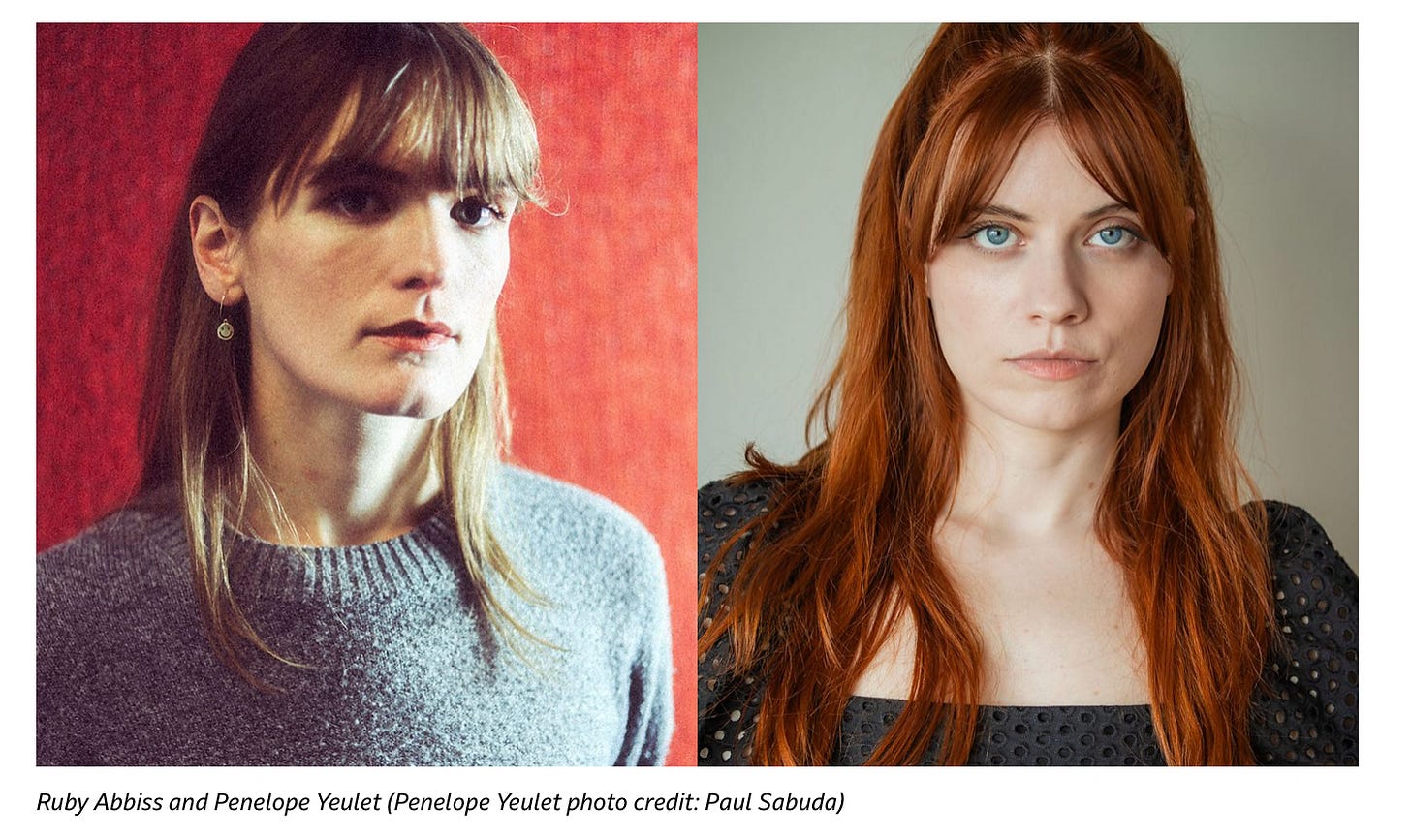


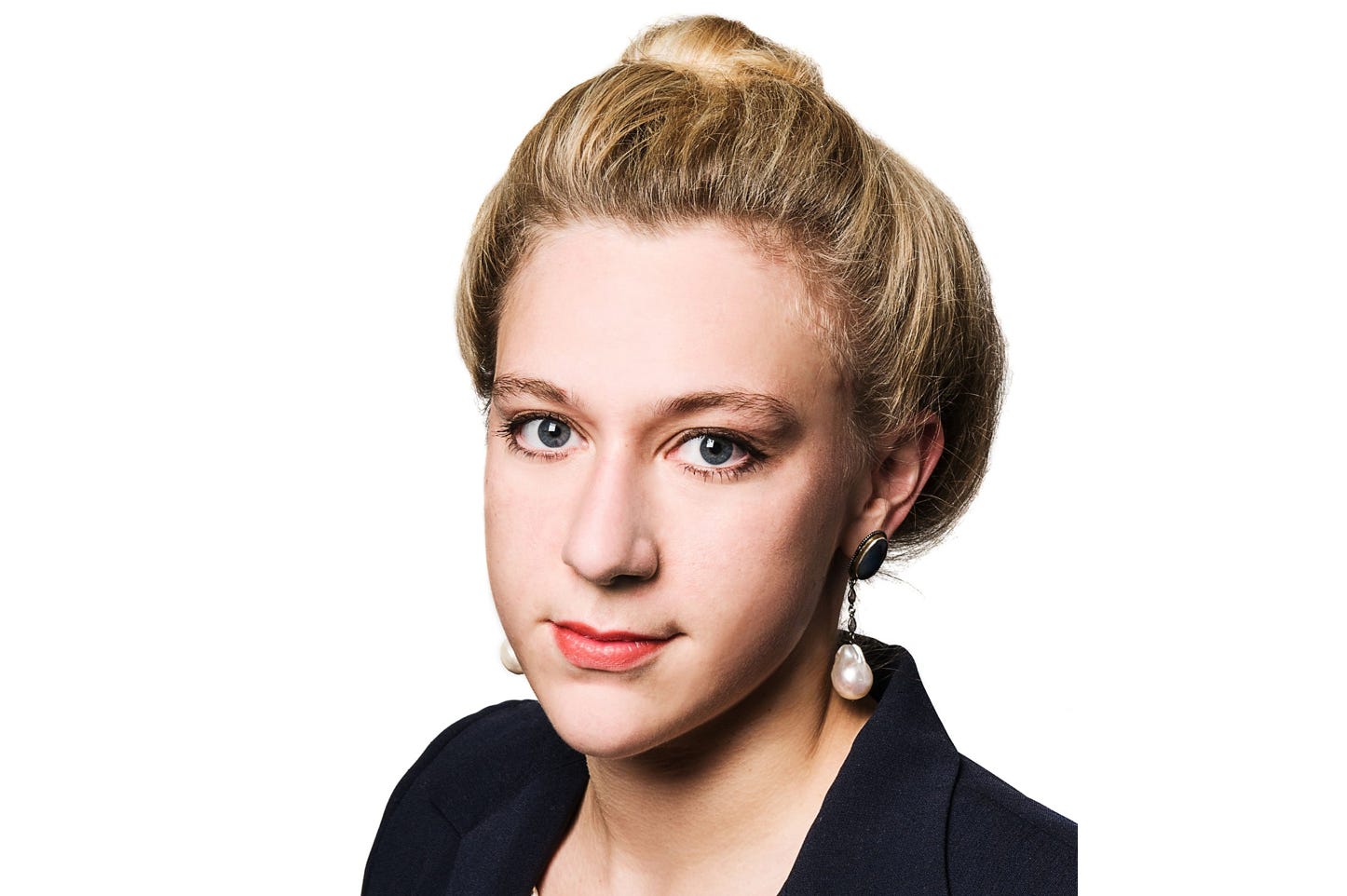
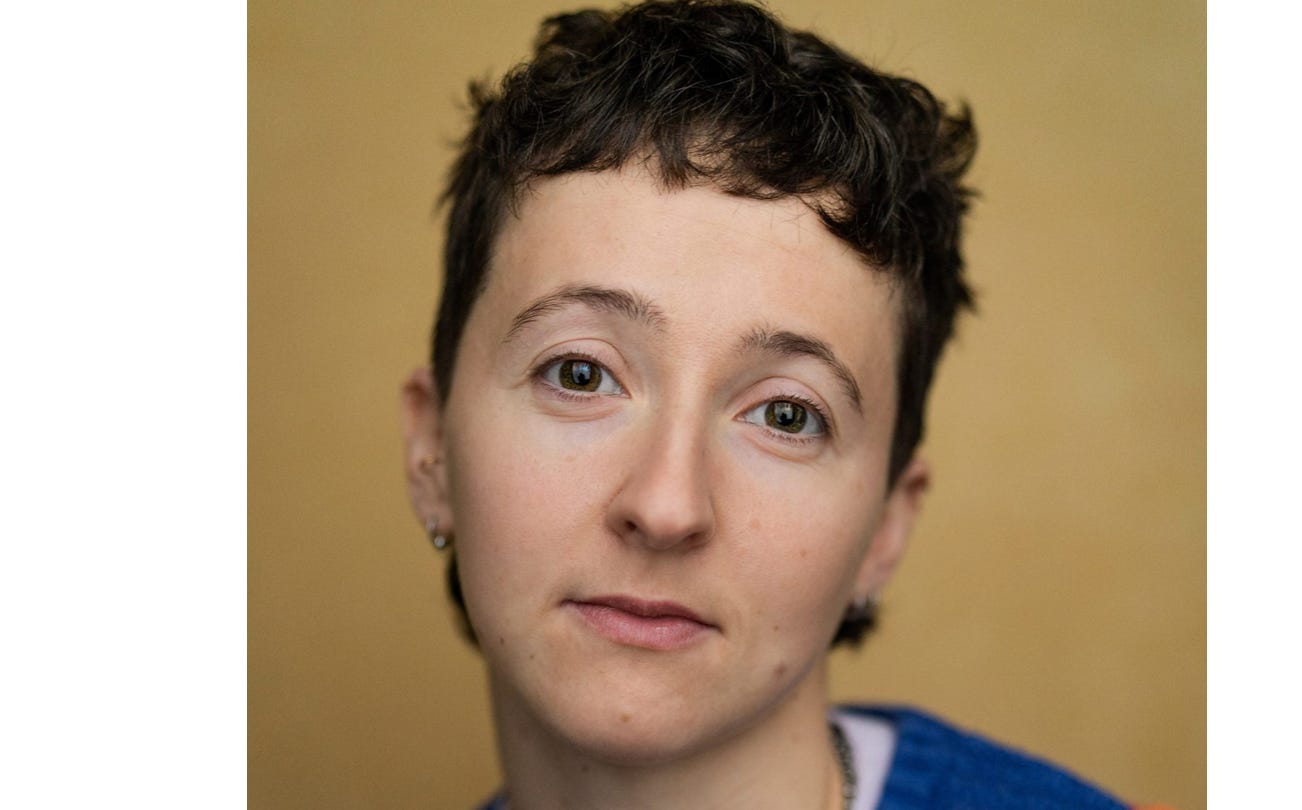
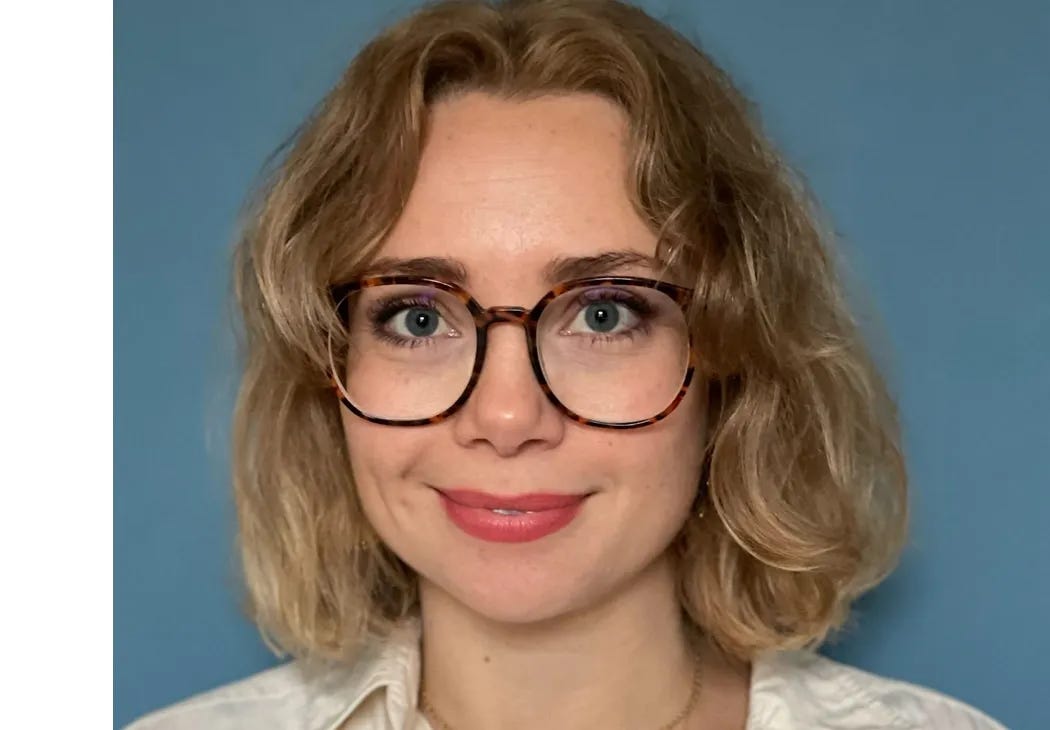
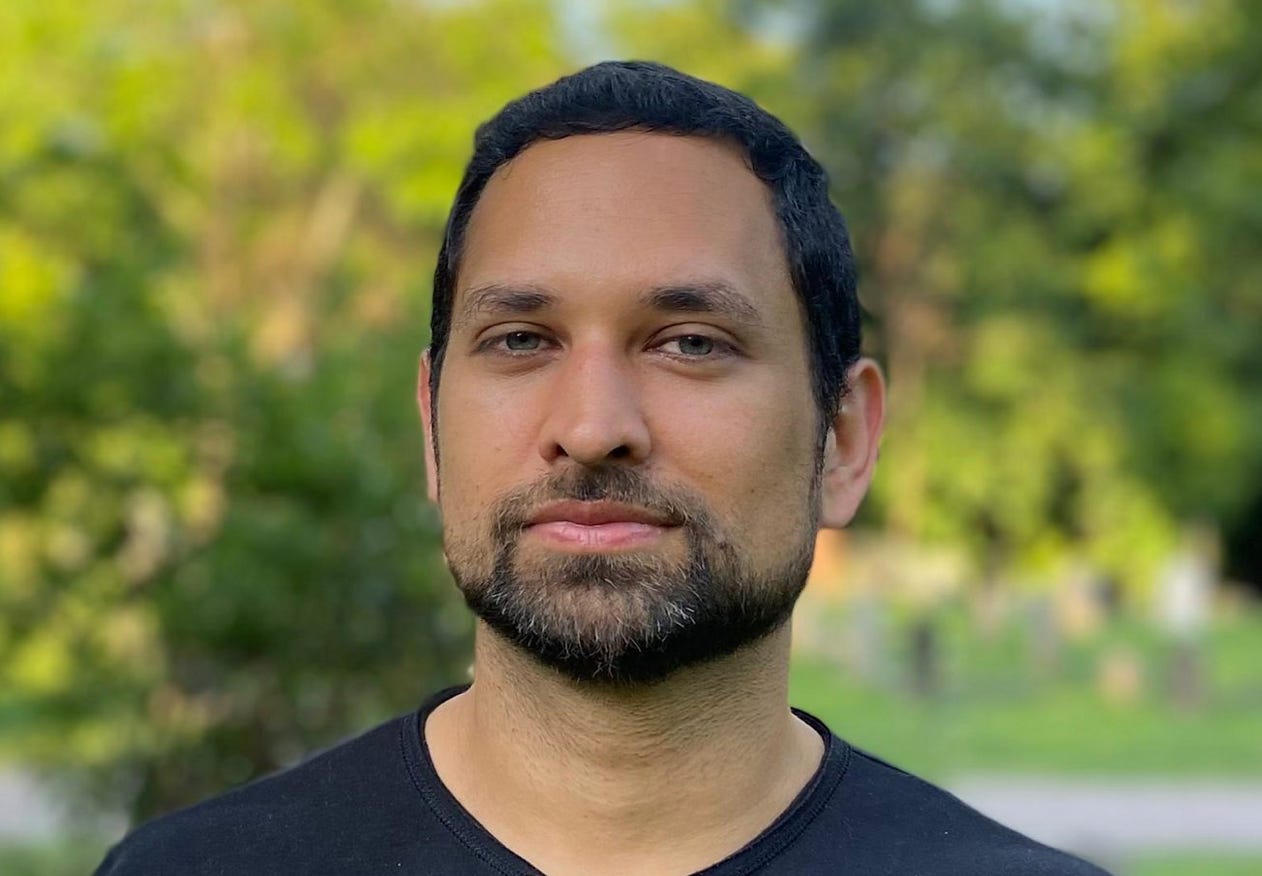
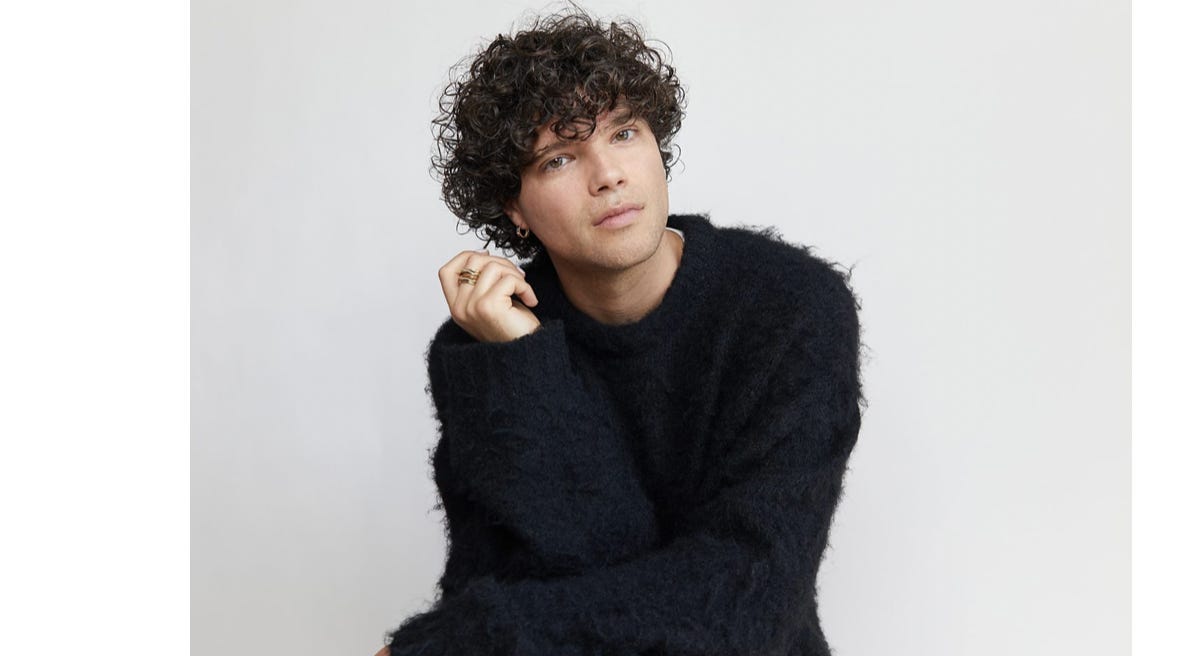



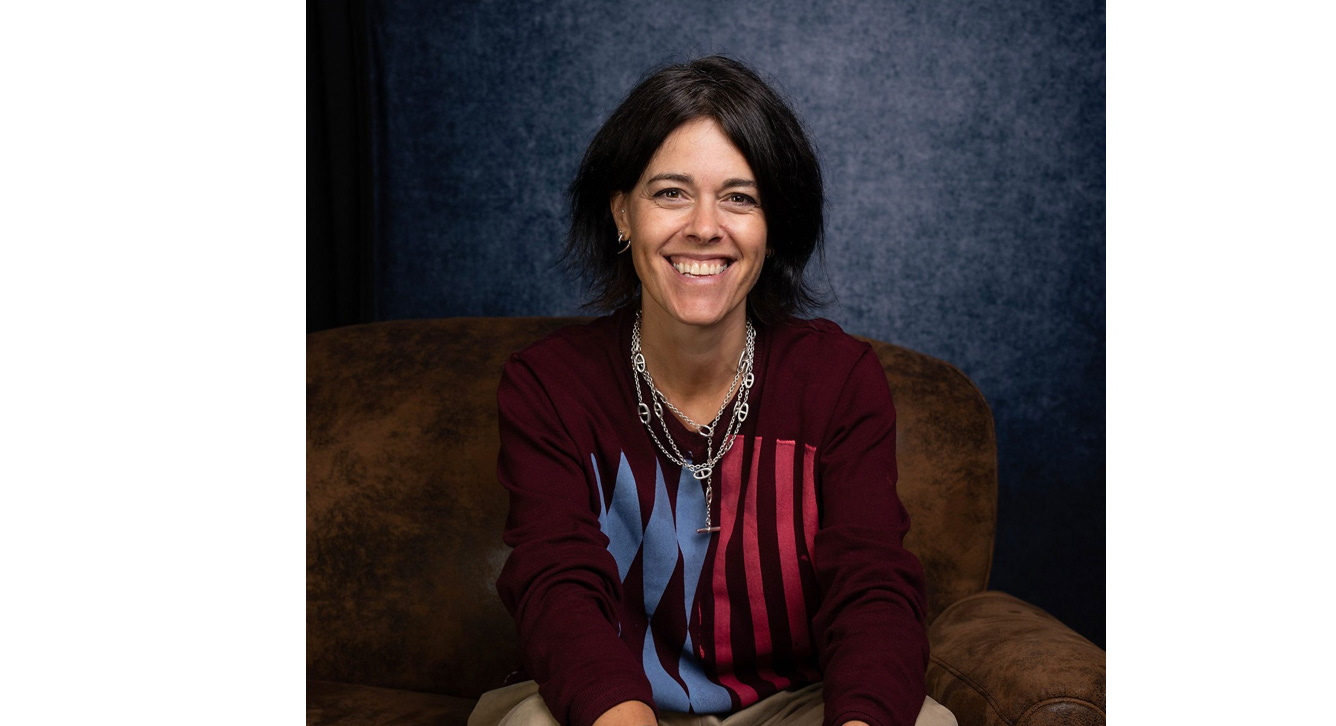


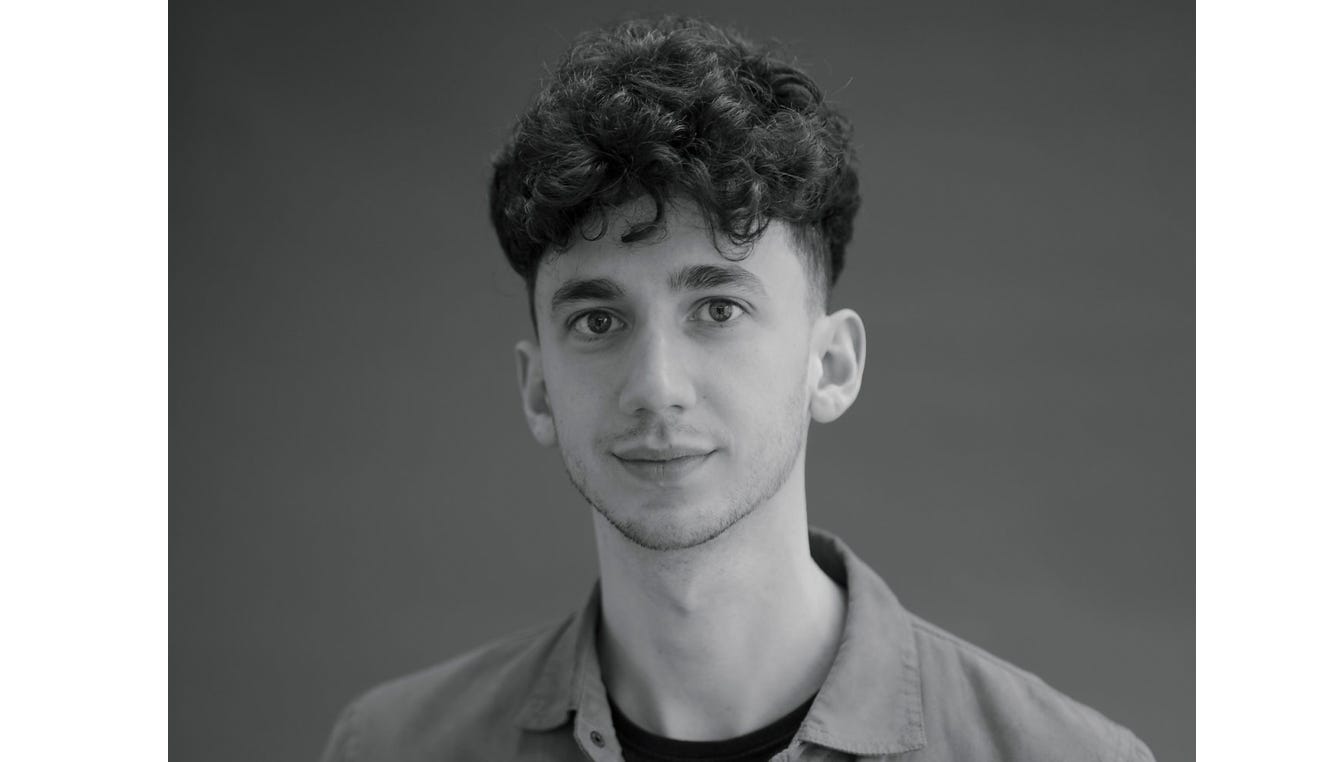


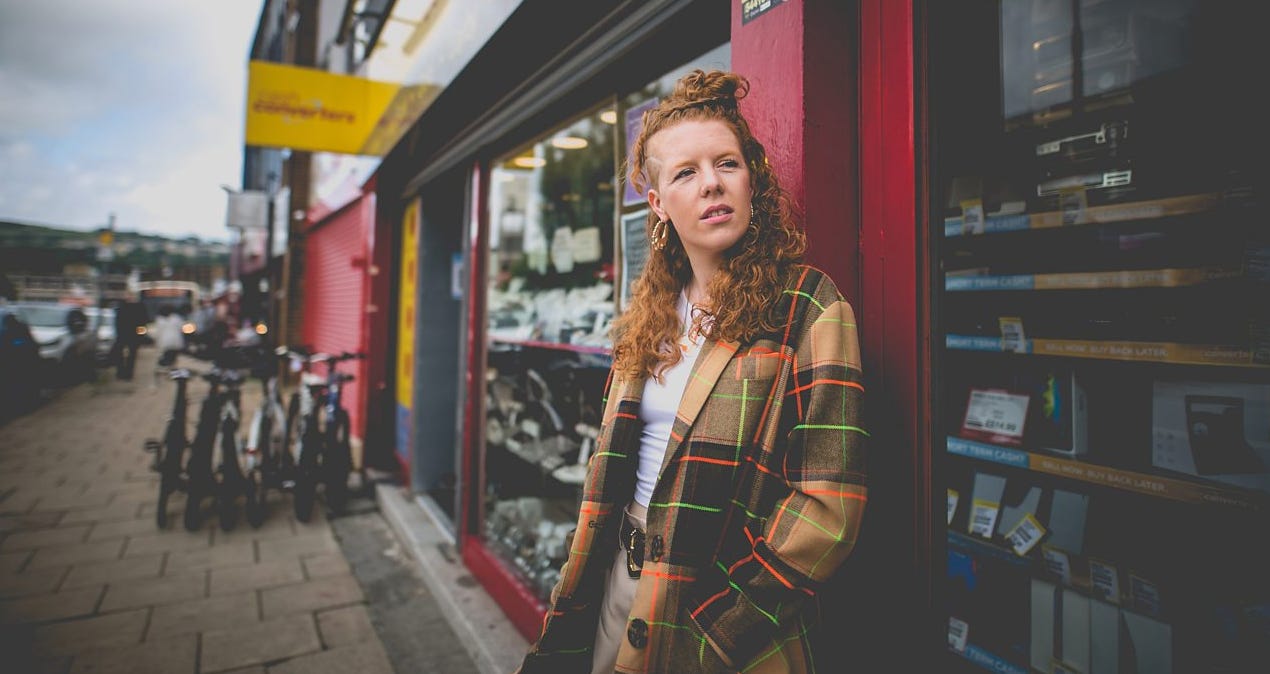


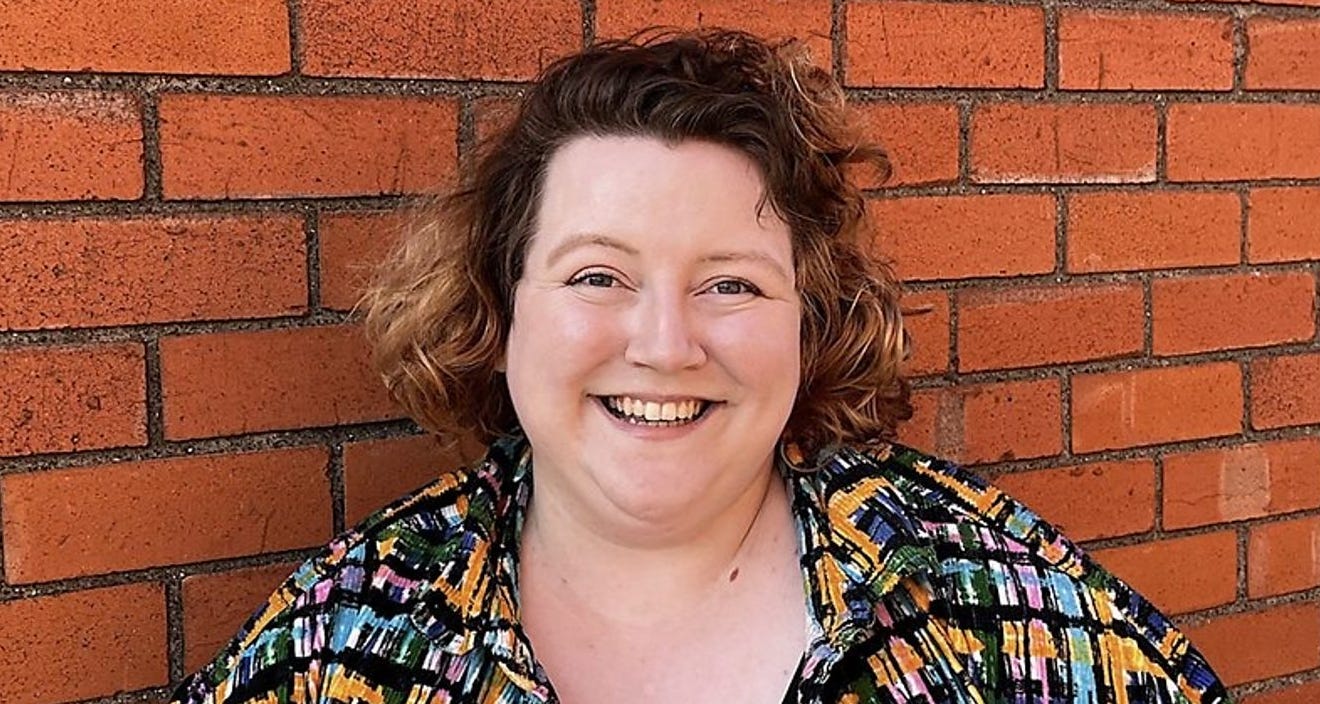
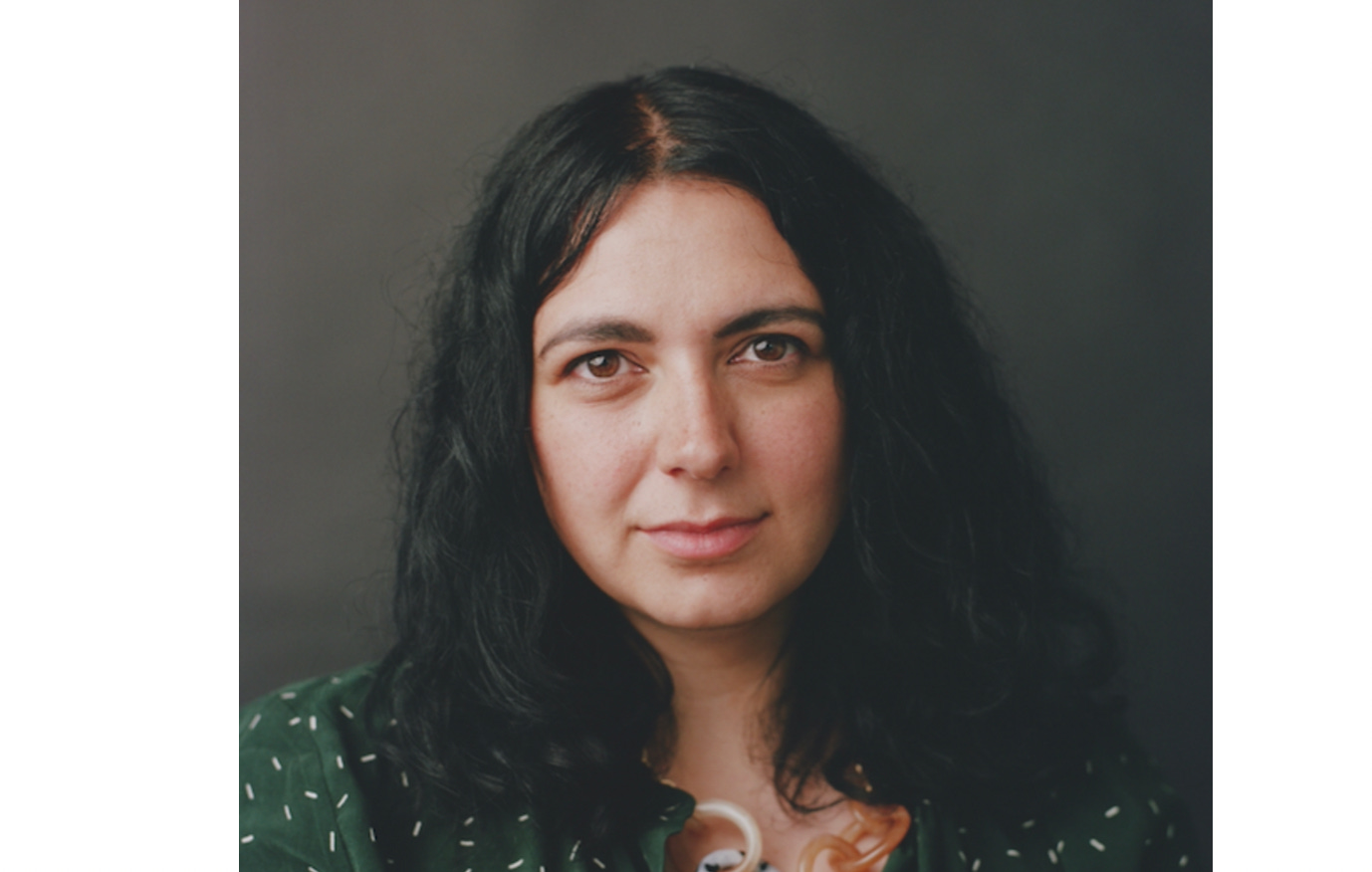
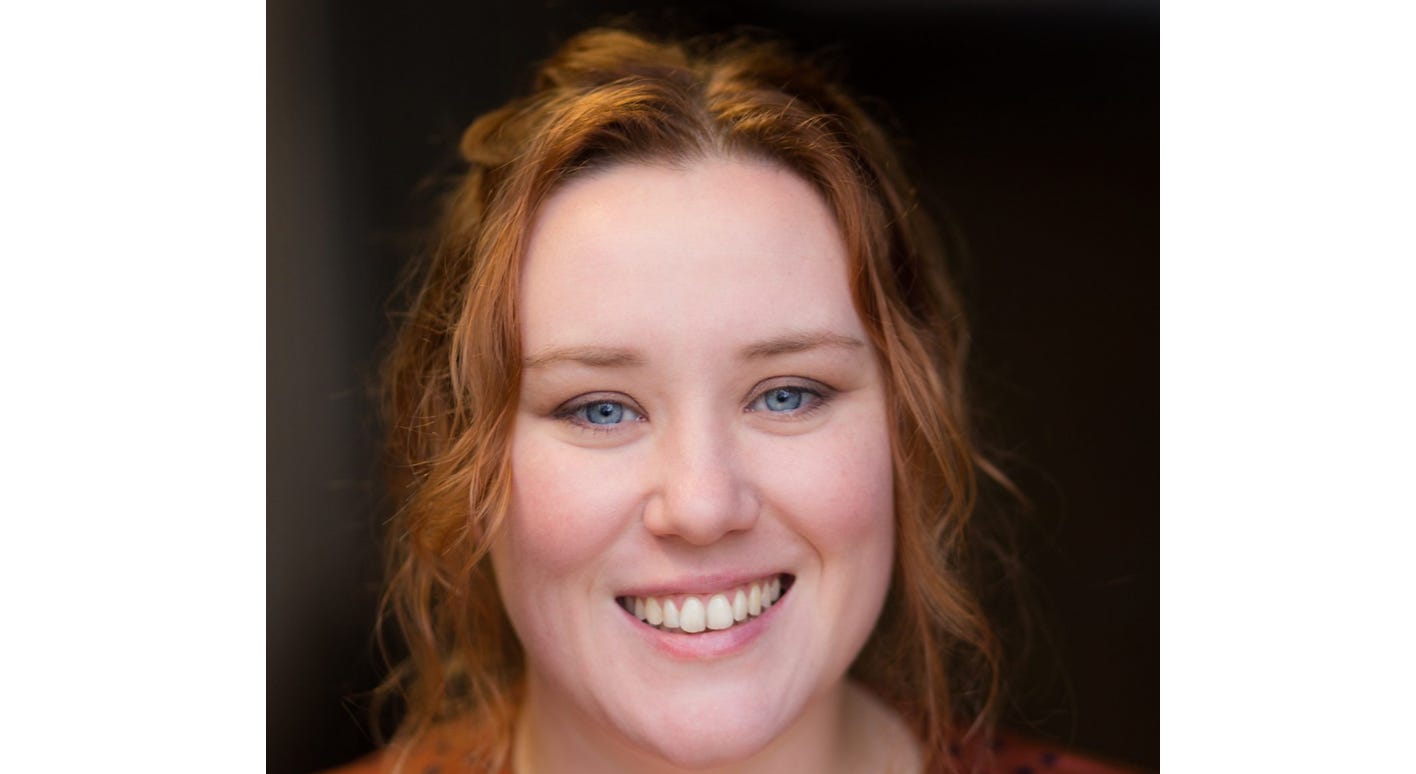

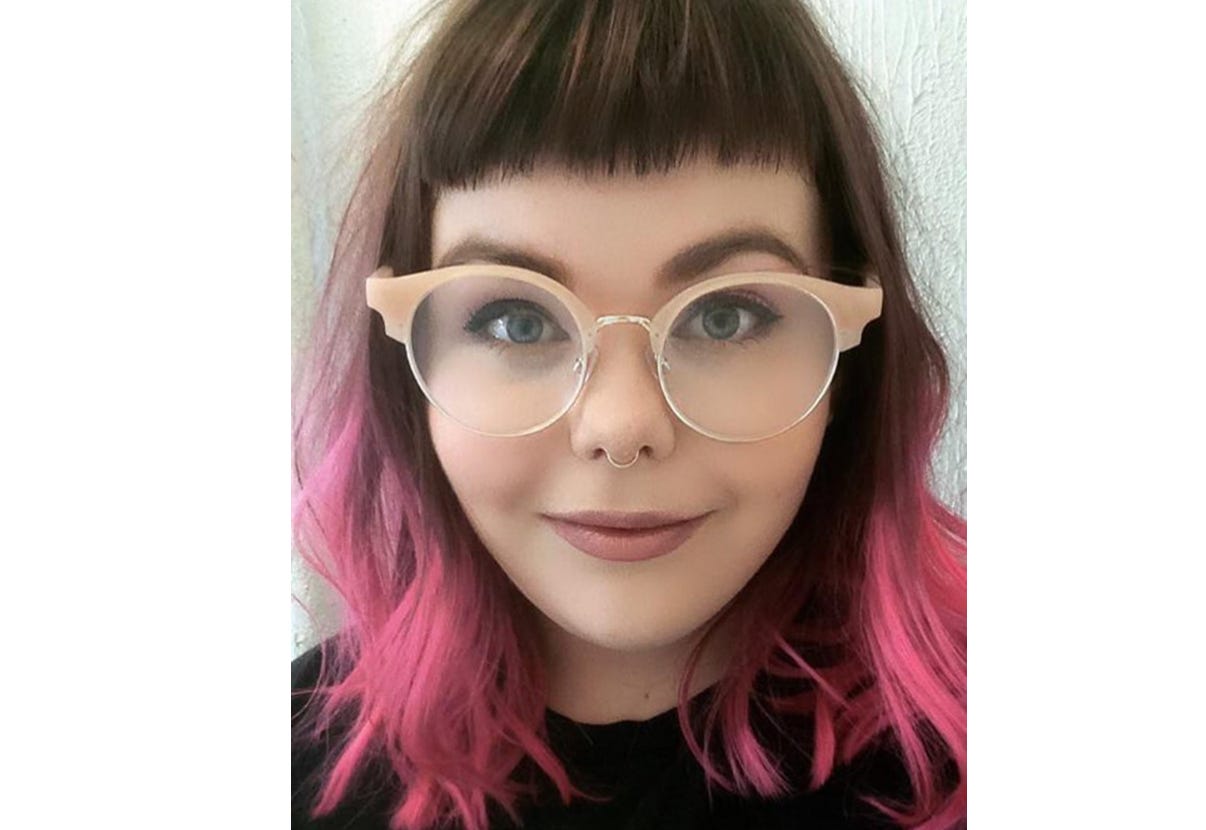

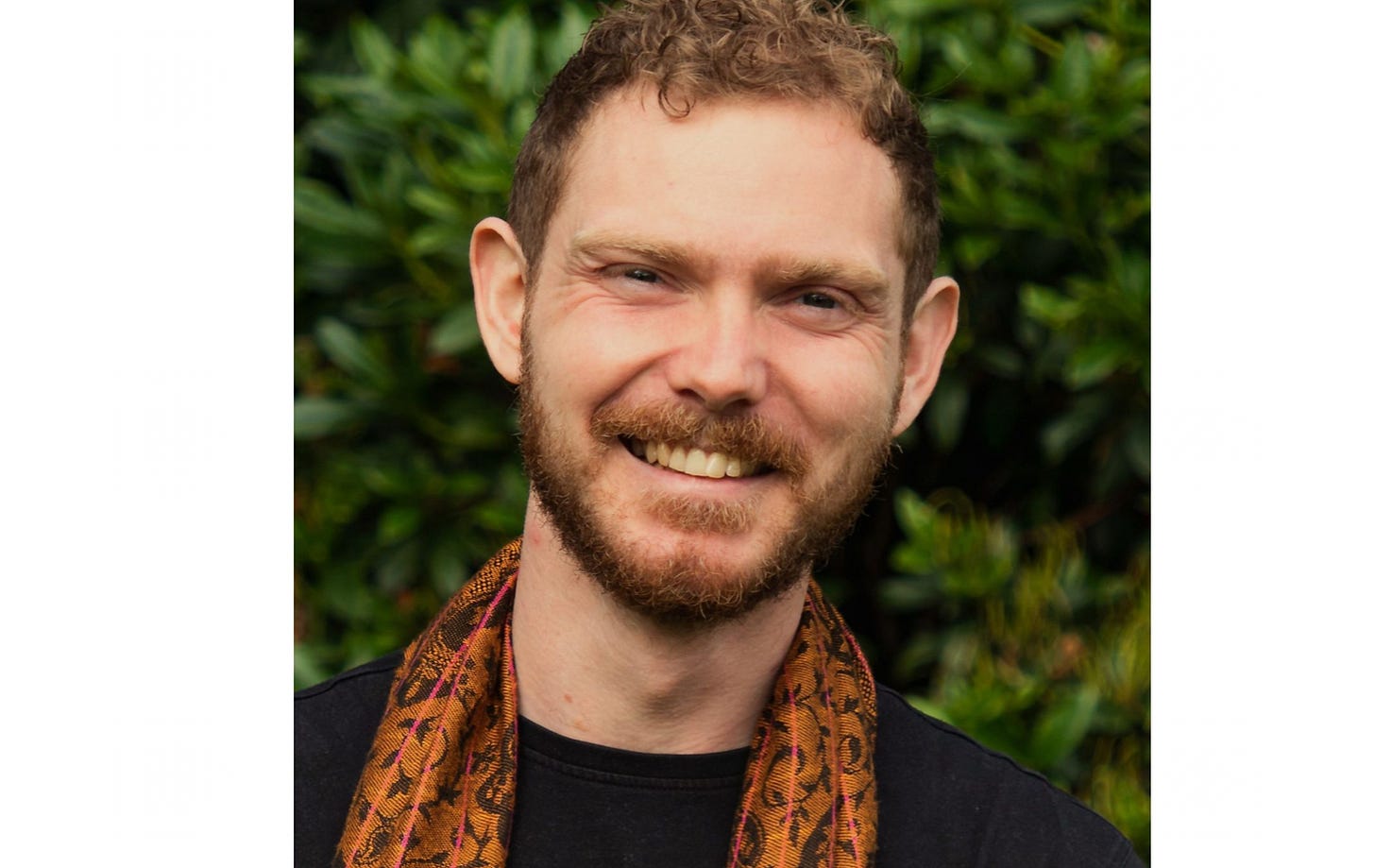
I’m shocked, the list is frighteningly white. Has the BBC list its moral compass?